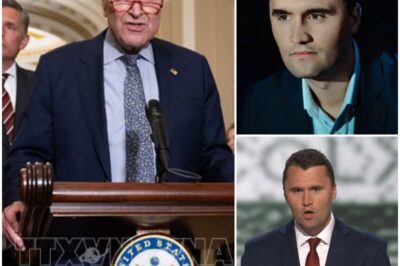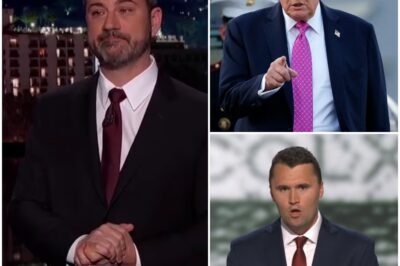On September 23, 2025, George Stephanopoulos once again turned “Good Morning America” into a political battlefield, confronting U.S. Secretary of State Marco Rubio on the administration’s controversial foreign aid cuts. What appeared to be a straightforward question quickly touched on one of the most sensitive issues in American foreign policy: could these cuts result in loss of life in nations dependent on U.S. assistance?
Rubio erupts! Instead of providing a measured response, the Secretary immediately dismissed the question as “completely absurd”, rejecting any suggestion that the administration’s policies had caused or would cause serious harm abroad. The exchange, tense and unflinching, lasted only a few minutes but rapidly spread across media platforms and social networks, igniting a flurry of reactions and debate among the public.
Political analysts noted that Rubio’s forceful reaction highlights just how sensitive decisions surrounding foreign aid remain, especially against the backdrop of the United Nations General Assembly in New York, where global eyes are scrutinizing U.S. policy. Meanwhile, Stephanopoulos, known for his direct and unyielding interviewing style, once again demonstrated why he is considered the “nightmare” of politicians, unafraid to press leaders on difficult questions that many others might shy away from.
The high-drama interview has since been made available online by ABC News, attracting millions of views and comments. Audience reactions have been sharply divided: some praised Stephanopoulos for his courage and journalistic rigor, while others applauded Rubio for maintaining composure under intense scrutiny.
Beyond the immediate clash, the exchange underscores a larger truth: foreign aid policy is inherently controversial, and even a single, pointed question can trigger a media storm with global attention. The conversation between Stephanopoulos and Rubio serves as a reminder of the delicate balance between domestic political considerations, international humanitarian responsibilities, and the relentless spotlight of public accountability.
In the end, this episode is more than a mere television moment—it is a vivid illustration of the tension between media scrutiny and political decision-making, a microcosm of the ongoing debate over America’s role in the world and the human stakes involved in every policy decision.
News
SHOCKING NEWS:“Goodbye, David Muir!” Viewers Turn on ABC’s Golden Boy as Kimmel Suspension Sparks Explosive Boycott
The fallout from Jimmy Kimmel’s shock suspension is now spilling over onto one of ABC’s most trusted faces, David Muir,…
Shockwaves in Hollywood: Kimmel Caught at Law Office Amid Explosive Backlash.Is This the End of Jimmy Kimmel?
Hollywood is ablaze, and at…
Viola Davis Stuns Hollywood, Defends Jimmy Kimmel Amid Career Firestorm!  Oscar-winning star calls for grace, forgiveness, and unity — could this spark a rebellion against cancel culture?
Oscar-winning star calls for grace, forgiveness, and unity — could this spark a rebellion against cancel culture?
Hollywood has always thrived on drama, but this week, the saga swirling around Jimmy Kimmel hit a fever pitch—and just…
BREAKING:“THE SENATE JUST DID WHAT?! America Stunned as Charlie Kirk Gets His Own National Day—Here’s Why Everyone’s Talking”
In a moment that feels almost cinematic, the U.S. Senate has just voted—unanimously, no less—to establish October 14, 2025 as…
“Hollywood Storm: Jimmy Kimmel Shockingly ‘Banned’ by ABC — A Wave of Glee Erupts Everywhere, Is This the Final Fall of a Comedian Who Crossed Too Many Powerful Enemies?”
Hollywood Storm — Jimmy Kimmel Shockingly ‘Banned’ by ABC, A Wave of Glee Erupts Everywhere. Is This the Final Fall…
“Live TV Chaos: Michael Strahan Drops a Savage Joke That Leaves Terry Bradshaw Stunned — Definitely Not a Line for Older Viewers!”
Michael Strahan laughs as he aims ruthless dig at Terry Bradshaw on FOX NFL Sunday Michael Strahan couldn’t stop himself…
End of content
No more pages to load







Leave a Reply